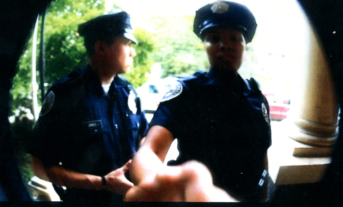Police do not normally have the legal authority to search your vehicle during a routine traffic stop unless they have “probable cause” or “reasonable suspicion.” In other words, if you do something that is deemed suspicious, try to conceal something that is out of the ordinary, or throw an item out of the window before the police officer arrives – it can trigger a search of your vehicle.
The only other scenario is if the police ask and you give consent for your vehicle to be search – WHICH YOU SHOULD NEVER GIVE!
On this note, police officers are very wily in knowing how best to gain consent. Many encounters unfold in the following manner:
Police Officer: “You do not have anything in here illegal, do you?”
Citizen: “Of course not, officer.”
Police Officer: “Then you don’t mind if I do a quick search of your car, do you?”
Citizen: “No, I do not mind officer.”
This is a psychology trick of the mind, so to speak. If one answers in the affirmative, that they do have something illegal in their vehicle, it would give them automatic authority to search. However, even if someone does have something illegal in their vehicle, usually people are not confrontational enough to state “No, I don’t have anything in here illegal, officer – but I very much mind if you search my vehicle. YOU DO NOT HAVE MY CONSENT.”
Often, people may not know if there is something illegal in their vehicle. Usually, this is the case where a prescription from another individual (usually a spouse) has left it, and now a person who has just consented to a search could be arrested for possession of a controlled substance.
Hence, NEVER consent to a search.






















